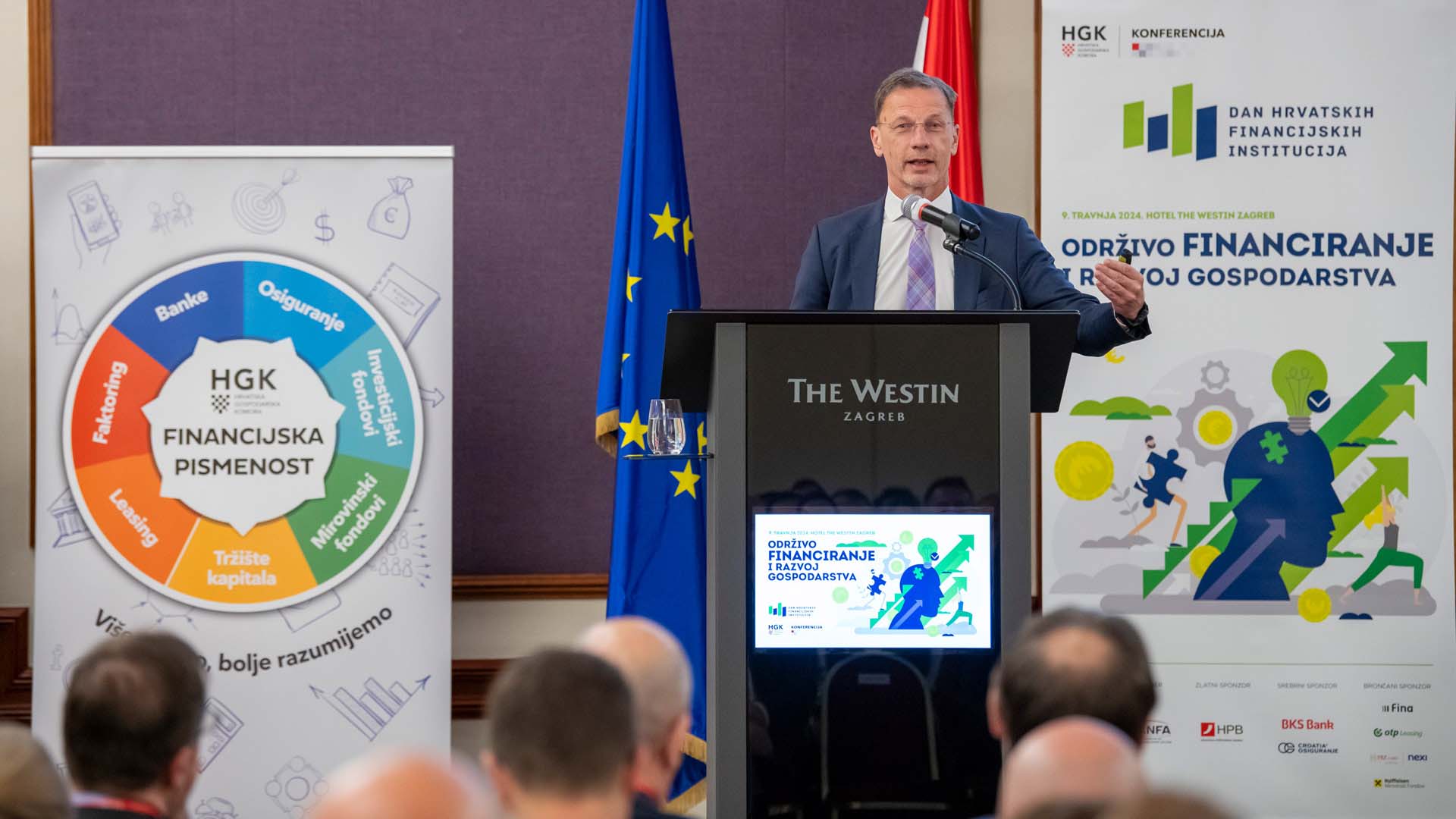
"The increase in global average temperature is leading to extreme climate events. The frequency and duration of heatwaves are increasing, sea levels and temperatures are rising, floods are becoming more frequent and droughts are protracted – hence the frequency and intensity of weather extremes are increasing, with all the costs involved. Europe is the fastest warming continent; twice as fast as the world average. All climate scenarios suggest that the situation will continue to deteriorate. We need to be proactive to try to control the situation as much as possible. This is why the European Union has adopted targets for reducing greenhouse gas emissions by 55% by 2030 and carbon neutrality by 2050. In the EU, greenhouse gas emissions have been steadily decreasing since 1990, despite an increase in economic activity, which is good, but the pace of this reduction is far from sufficient to reach the 2030 target. According to the European Commission's assessment, significant investments are needed in four main areas: the production of electricity and heating, the decarbonisation of the manufacturing industry, increasing the energy efficiency of buildings and the transformation of passenger and freight transport", said Governor Boris Vujčić at yesterday's conference of the Croatian Chamber of Economy "Croatian Financial Institutions Day" dedicated to sustainable financing and economic development.
He pointed out that although Croatia belongs to the group of EU countries with the highest share of energy from renewable sources (27.9%) in total energy consumption, the goal was to increase this share to 36.4% by 2030. This will require major investments in electricity production from wind, solar and biofuel energy, in particular to reduce dependence on energy production from watercourses, which could be at risk due to longer and more frequent droughts. Major investments in transport will also be needed to reach the 29% target for the share of renewable energy in transport by 2030, compared to the current 2.4% (2022).
"According to the European Investment Bank's 2023 Survey, only one third of Croatian companies have so far invested due to climate change, but about 50% of them plan to do so. There are many reasons for such investments, and one that recently stood out was the reduction of dependence on the energy source, which manifested itself in the aftermath of Russia's aggression against Ukraine, which greatly increased the price of energy," the Governor said.
As a challenge for financing investments in the climate transition in Croatia, the Governor sees the changed structure of corporate financing as there are fewer and fewer of those who decide to finance with banks. "About 75% of enterprises generating over 50% of their total income are not financed at all by banks – they are financed by other enterprises, on the capital market," the Governor said.
"Creditors, businesses, economic policy makers, must act together. All stakeholders can only together do enough to achieve the goals we set for ourselves by 2030 and 2050. It will require a strong effort from everyone – from the public to the private sector – to move in the right direction and reach the goal," the Governor concluded.
